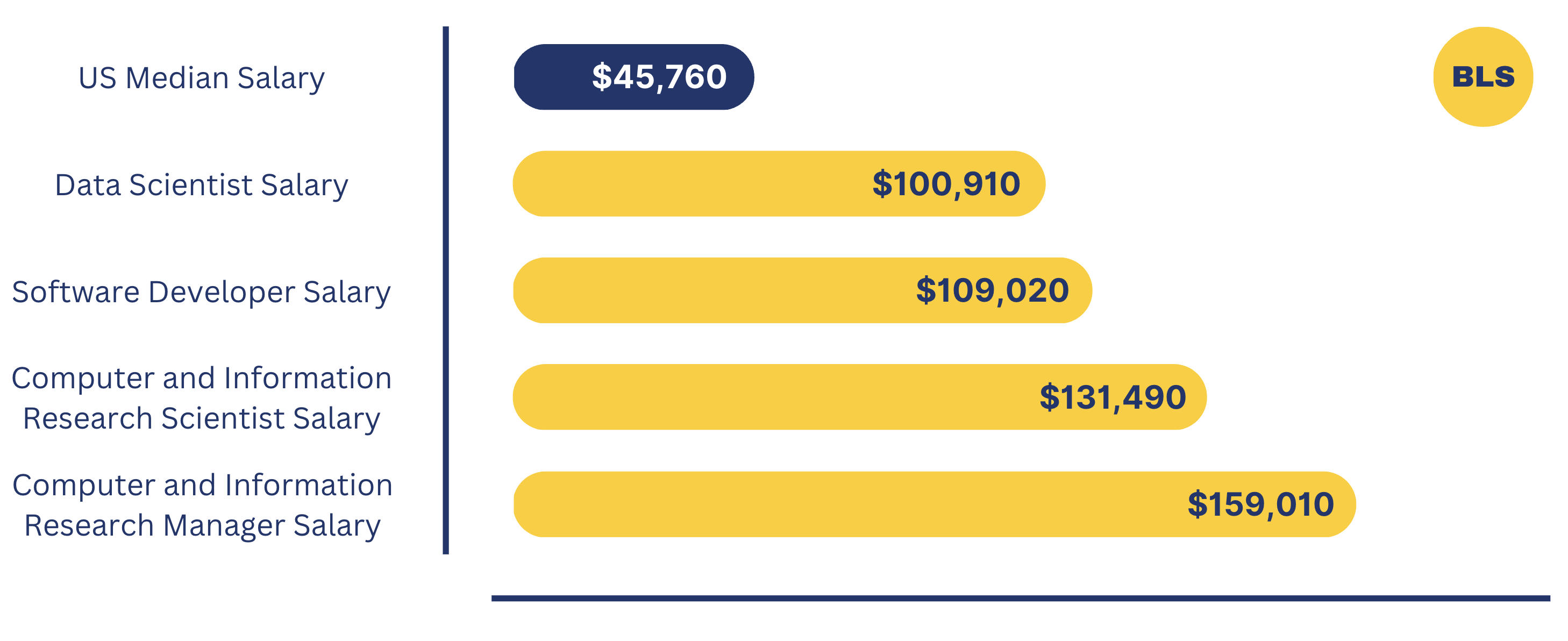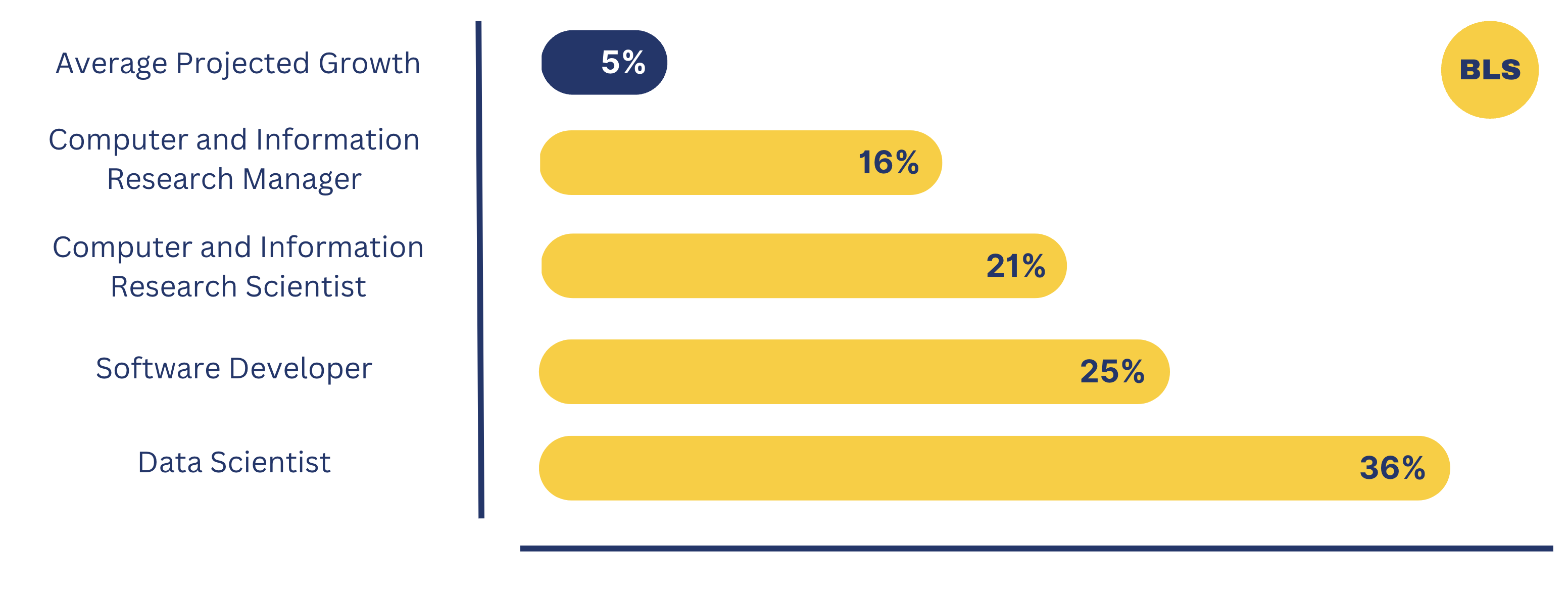COSC 6510 - Data Intelligence
This course provides students with the opportunity to develop an understanding of business intelligence and its growing necessity in professional spaces. This includes learning techniques such as data management, data integration and data munging while applying this knowledge in unique ways based off the student’s personal professional pursuits. Throughout the course, students will also understand the benefits of business intelligence in practical applications and the methodology for the development of business intelligence related solutions.
COSC 6520 – Data Analytics
Students are presented foundational topics in the analysis of data. This includes methodology for the development of data analytics systems, examining technology employed for data analytics in a variety of industry segments and the insights derived from data analytics. Students will also be introduced to foundations of text and data mining techniques commonly used for classification, clustering, and prediction. Throughout the duration of the class, students will also be presented with techniques for developing a business case, evaluating predictive performance, and managing data. This includes exercises using analytic technology and a project to apply analytics to a customer application. Students without programming experience are advised to complete COSC 6510 Data Intelligence before attempting COSC 6520.
COSC 6570 – Data at Scale
Students will participate in an exploration of data types, structures, and database solutions. Relevant techniques and technologies will be taught throughout the course on how to analyze big data at a large scale. This course will also address many topics regarding data at scale. Some examples include applied SQL programming, covering “big data” related problems and a high-level overview of MapReduce, Hadoop, and Apache Spark.
COSC 6820 – Data Ethics
This course provides a comprehensive overview of the current ethical and social implications of our data-driven society. A sociotechnical approach is used to unpack issues of privacy and surveillance, algorithmic biases, fairness, transparency, and accountability across various contexts.”






